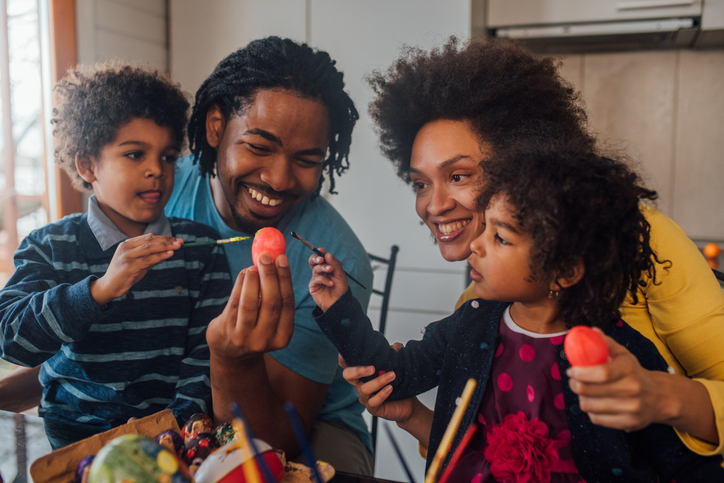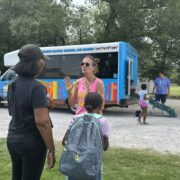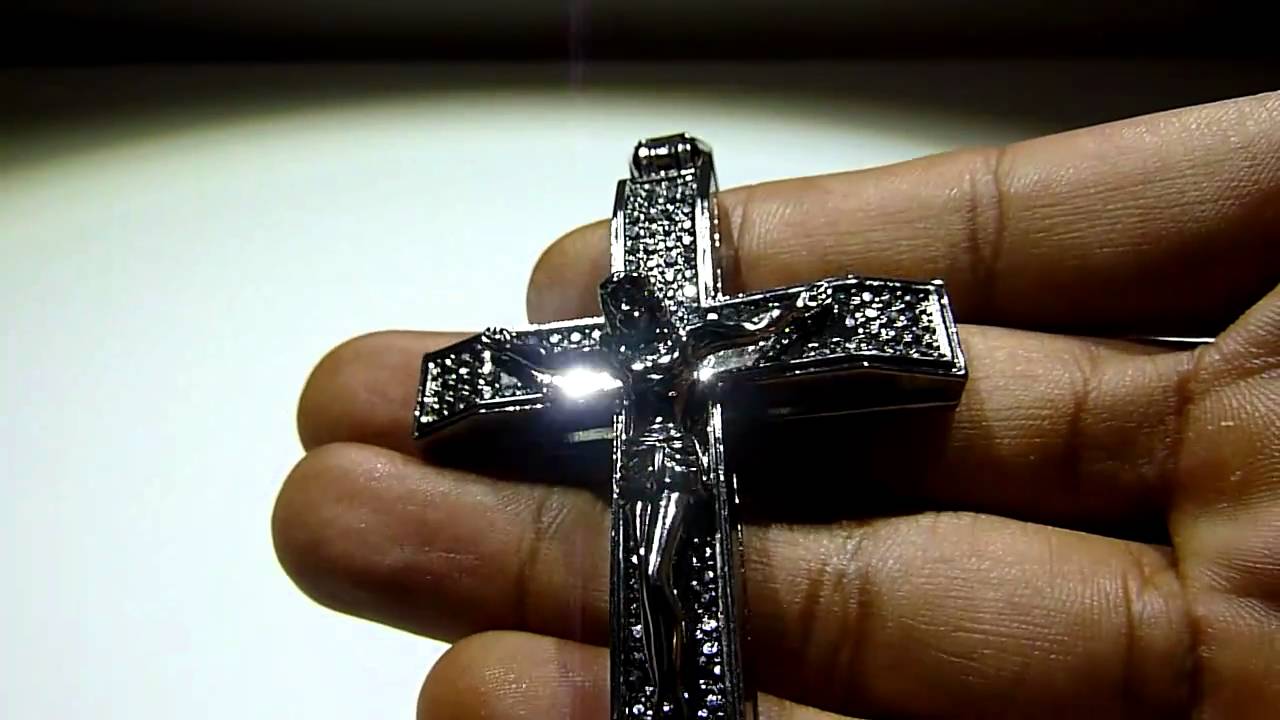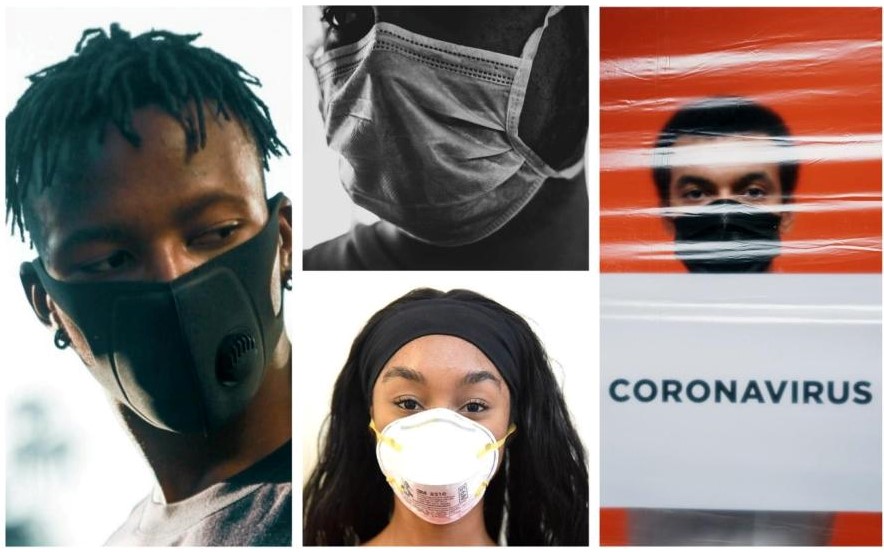
The Oklahoma Eagle Newswire
With Tulsa County communities under various restrictions on movement, including safer-at-home orders and self-isolation, families are discovering alternative ways to observe the spring holidays; include streaming online faith services, hosting virtual dinners and holding family-only egg hunts in the backyard and more.
The goal is to comply with social distancing guidelines by celebrating together by staying apart to prevent further spread of the coronavirus. However, some families may still be planning to celebrate the holidays with extended family as they usually would – which public health experts advise against.
“Limiting face-to-face contact with others is the best way to reduce the spread of COVID-19,” said Executive Director Dr. Bruce Dart. “We understand people have a desire to be with family and friends over the holidays, but right now we are asking families to do this virtually to remain compliant with social distancing measures.”
Social distancing means keeping space between yourself and other people outside of your home. To practice social or physical distancing:
- Stay at least 6 feet from other people
- Do not gather in groups
- Stay out of crowded places and avoid gatherings of any size
COVID-19 spreads mainly among people who are in close contact (within about 6 feet) for a prolonged period. Spread happens when an infected person coughs, sneezes or talks, and droplets from their mouth or nose are launched into the air and land in the mouths or noses of people nearby. The droplets can also be inhaled into the lungs. Recent studies indicate that people who are infected but do not have symptoms likely also play a role in the spread of COVID-19.
It may be possible that a person can get COVID-19 by touching a surface or object that has the virus on it and then touching their own mouth, nose, or eyes. However, this is not thought to be the main way the virus spreads. COVID-19 can live for hours or days on a surface, depending on factors such as sun light and humidity. Social distancing helps limit contact with infected people and contaminated surfaces.
Although the risk of severe illness may be different for everyone, anyone can get and spread COVID-19. Everyone has a role to play in slowing the spread and protecting themselves, their family and their community.
- Follow guidance from authorities where you live.
- If you need to shop for food or medicine at the grocery store or pharmacy, stay at least 6 feet away from others.
- Use mail-order for medications, if possible.
- Consider a grocery or restaurant delivery service for your spring holiday meal.
- Cover your mouth and nose with a cloth face cover when around others, including when you have to go out in public, for example to the grocery store.
- Stay at least 6 feet between yourself and others, even when you wear a face covering.
- Avoid large and small gatherings in private places and public spaces. This advice applies to people of any age, including teens and younger adults. Children should not have in-person playdates while in-school learning is out.
- Work from home when possible.
- If possible, avoid using any kind of public transportation, ridesharing, or taxis.
“It is good for our mental health to stay connected with friends and family that don’t live in our home,” added Dart. “We ask, for just a short time longer, to call or use video chat to stay in touch. Tulsans are better off staying at home, and we’re helping each other more by using the digital resources we have to celebrate.”
If you do get sick with fever (100.4°F/38°C or higher), cough or have trouble breathing:
- Seek medical care. Call ahead before you go to a doctor’s office or emergency room.
- Avoid contact with others. If you need essential items, make arrangements with a healthy friend, neighbor or family member to drop off items to your home.
If you have insurance, contact your health care provider for screening and testing. THD is offering specimen collection for individuals who have symptoms of COVID-19 who are under- or uninsured or do not have a health care provider. Call 918-582-9355 for a phone screening by a public health professional to determine your eligibility. The specimen collection location is confidential and by appointment only. You will be given instructions for drive-thru services at the time your appointment is made.
All THD locations will be closed in observance of Good Friday on Friday, April 10 as it is observed every year, however, the THD COVID-19 phone bank and response efforts will continue. The phone bank will be operational from 9 a.m. to 1 p.m. on Friday.
“This virus doesn’t take a holiday, and neither does public health during this health emergency,” said Dart. “Although our buildings will be closed to the public, our general and command staff are still here to serve our communities and will continue to be here for you until this response is over.”
THD encourages all Tulsa County residents to stay informed with information from credible resources such as THD, the Oklahoma State Department of Health (OSDH) and the Centers for Disease Control (CDC). Call the Tulsa Health Department at 918-582-WELL (9355) during regular business hours or the Oklahoma COVID-19 Hotline at 877-215-8336 which is available 24/7. Spanish-speaking interpreters available.










